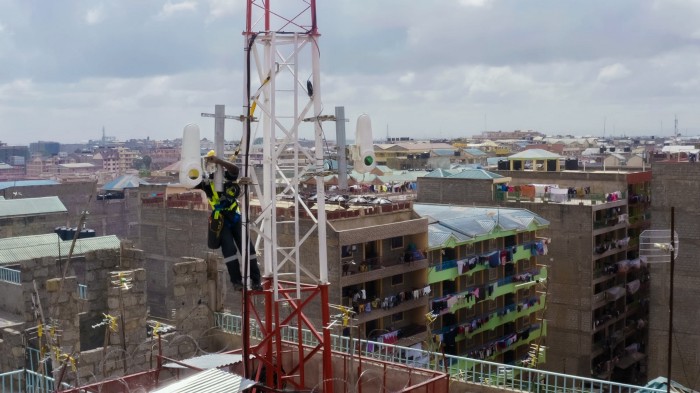After a series of pilots, X, a subsidiary of Google parent company Alphabet, has deployed its wireless optical communication technology to deliver high speed, high capacity connectivity in Kenya.
It marks the first real-world deployment of the technology, which is considered integral to plans by Google to boost access to high speed internet in Sub Saharan Africa.
The technology will be deployed across Liquid Telecom’s networks in Kenya, as part of a partnership between X and Econet.
In particular, it is expected to provide connectivity in areas where it is challenging to lay fiber optic cables due to various reasons such as tough terrain or in post-conflict zones.

How it Works
Project Taara initially began as the team working on Project Loon considered ways to send data between stratospheric balloons delivering high speed connectivity.
READ>>>>>Telkom: Balloon Internet Ready For Consumption
The technology is similar to fiber optic in that it uses light beams to deliver connectivity over long distances. In this case, however, there is no cable.
Narrow, invisible beams are sent between Taara terminals creating links. A single Taara link can cover distances up to 20 km and can transmit bandwidth of up to 20 Gbps+.
The terminals can be positioned kilometers apart on towers, with the signal beamed across obstacles like rivers, roads and railways. It is crucial to ensure that the signals are not interrupted.
In Kenya, Taara will create a series of links from Liquid Telecom’s fiber optic network over ground to different areas.
Notably, the technology eliminates the cost and hassle of digging up trenches and laying cables.
“Taara links offer a cost-effective and quickly deployable way to bring high-speed internet access to remote areas and help plug critical gaps to major access points, like cell towers and WiFi hotspots.
“We look forward to supporting Econet Group as they bring the educational, business, and communication benefits of the web to customers in their networks,” Project Taara General Manager Mahesh Krishnaswamy noted in a statement.
X began piloting the project in 2019 in Kenya after early research.












Leave a comment